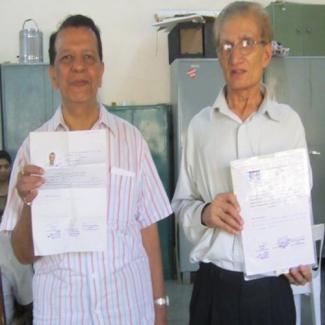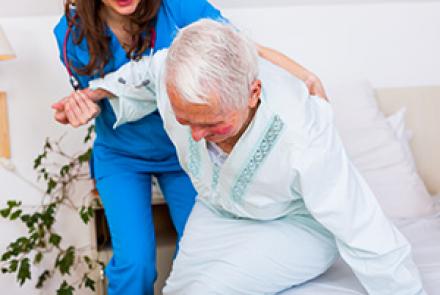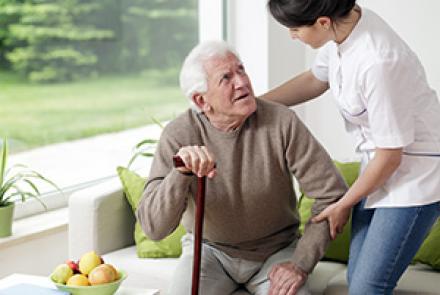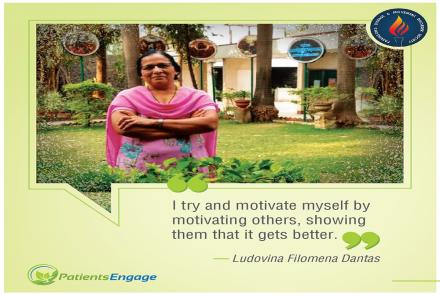
There are several Government provisions/ benefits available for People with Parkinson’s, which could be related to public transport, income tax etc. These various benefits are offered by the Government under the appropriate legislation
To avail of any of the concessions offered by the Government, the first step one needs to take is to get a ‘Disability Certificate’.
What is a Disability Certificate?
A Disability Certificate is a document issued to a person with some form of disability, which acts as a proof of his/her disability. A Disability Certificate plays a vital role when acquiring certain benefits and facilities that are offered by both the Central, as well as, the State Government.
- This certificate would be valid for a period of five years, for those whose disability is temporary.
- For those who acquire permanent disability, the validity would be shown as ‘Permanent’ on the certificate.
- If ‘Permanent Disability’ is not issued, then the Medical Board has to specifically mention whether the condition is ‘Progressive’/ ‘Non Progressive’/ ‘Likely to Improve’/ ‘Not Likely to Improve’. Additionally, the re-assessment is not recommended after a given period.”
Where can a Disability Certificate be obtained?
A Disability Certificate can be obtained from a specific state Government hospital, which is specified for each district. If you live outside Mumbai, please contact your nearest state Government hospital for more information
In Mumbai district, J.J. Hospital at Byculla is the State Government hospital issues disability certificates.
In Thane district, the Thane Civil Hospital issues disability certificates for PwPs.
Eligibility criteria for a Disability Certificate
The individual must be an Indian citizen.
The individual should possess the appropriate medical reports, viz,
- Written diagnosis by a Neurologist;
- Doctors’ Prescription;
- CT or MRI scan with reports, if applicable;
- Detailed explanation about the disability, obtained from the doctor.
To be issued a Disability certificate, the individual must be assessed to have a minimum of 40% degree of disability. This assessment is done by the neurologist in the State Government Hospital.
Documents required for obtaining the Disability Form
- Document recognized by the concerned State or Central Government as ‘Proof of Address’, which includes the PwP’s name in it. This may include: original Ration Card issued by the State Government or the Aadhar Card issued by the Central Government. One photocopy of the document is also required.
- One color passport size photograph of the PwP’s, however, should cover her/ his full body length.
What are the Benefits and Concessions a Disability Certificate entitles one to?
- Railway – permission to travel in the compartment reserved for persons with disability
- Air travel concessions
- Bus travel concessions
- Income Tax reduction benefits
Related Reading: Tips on Travelling with Parkinson's
It is very important to note that all of these benefits are subject to specific Central and State Government policies, and eligibility for these benefits rests on the discretion of the concerned schemes and authorities. (government or private enterprises).













